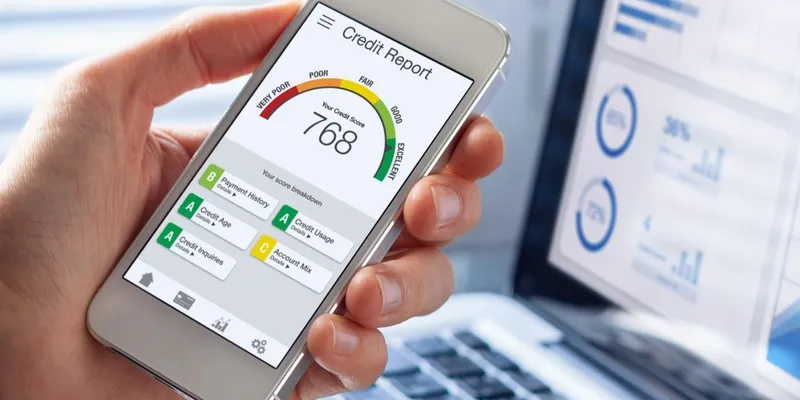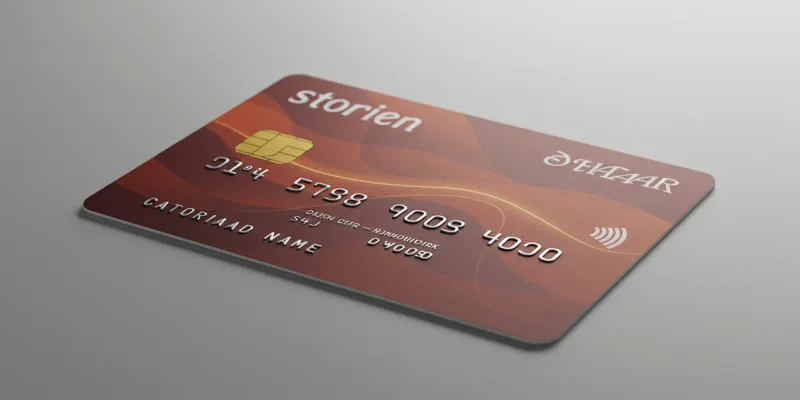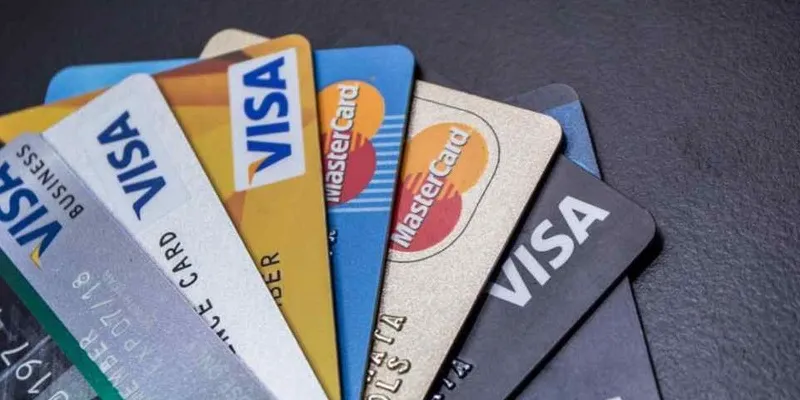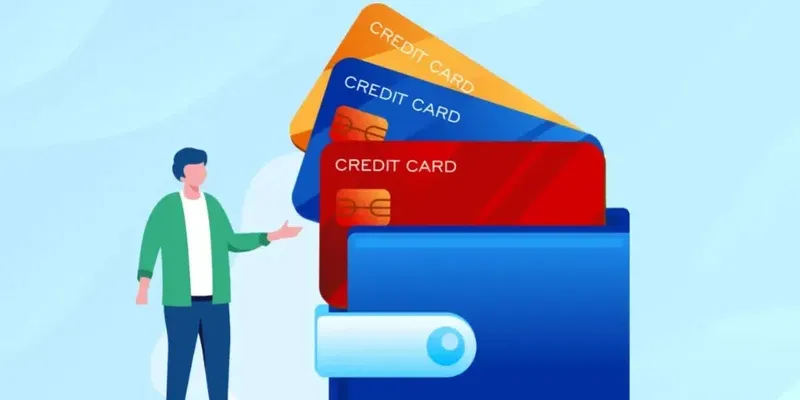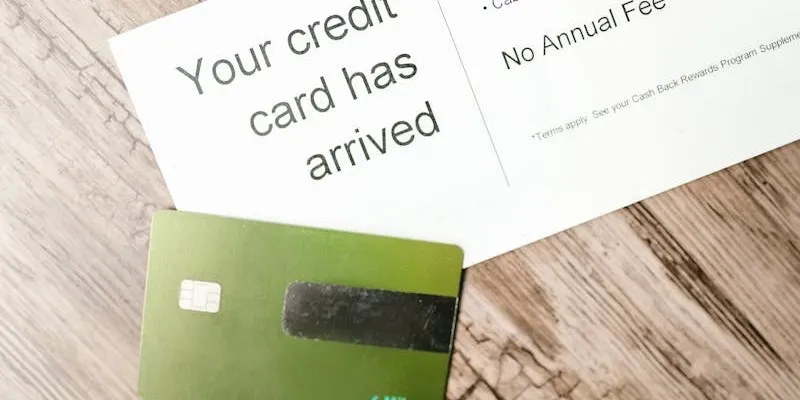VA Home Loan Credit Score Requirements: What You Need to Know
For veterans and active-duty service members, buying a home can be both a significant milestone and a daunting task. Fortunately, VA home loans, offered by the U.S. Department of Veterans Affairs, provide unique benefits not found in traditional mortgages. These include no down payment and competitive interest rates. Many potential VA homebuyers often ask, “What credit score do you need for a VA home loan?”

While credit score requirements for VA loans are generally more flexible than other loan types, understanding the factors that influence your score can help you plan your homeownership journey more effectively. This article will break down the credit score requirements, factors that impact your score, and how you can improve it to secure the best possible loan terms.
What is a VA Home Loan?
A VA home loan is a mortgage option exclusively available to veterans, active- duty service members, and qualifying spouses. Although issued by private lenders, these loans are backed by the government. This means if the service member defaults on the home loan, the government guarantees the loan, reducing the lender’s risk. This backing makes it easier for service members to access favorable mortgage terms. Key benefits of VA loans include no down payment, no PMI requirement, and competitive interest rates.
Due to these advantages, VA home loans are highly sought after by veterans and active-duty members. To qualify, there are standard eligibility criteria: service history, income verification, and creditworthiness. Let’s focus on the credit score requirement—a crucial factor that can influence your loan approval.
VA Home Loan Credit Score Requirements
The VA itself does not set a specific credit score requirement for its loans. However, lenders typically have minimum score requirements to assess the borrower’s ability to manage debt. While the VA’s guidelines are flexible, allowing for lower credit scores compared to conventional loans, lenders may impose stricter standards. Generally, a credit score of at least 620 is considered acceptable by most VA lenders. Some lenders might approve loans with lower scores if other aspects of the applicant’s financial profile are strong.
Unlike conventional loans, which require higher scores for approval, VA loans are more forgiving of lower scores. In fact, some veterans with scores below 600 have been approved, particularly if they have a strong history of timely payments, low debt-to-income ratios, or other compensating factors. Nevertheless, higher scores generally lead to better loan terms, such as lower interest rates.
Factors That Influence VA Loan Credit Score
Payment History: This is the largest component of your credit score. Consistently paying bills on time, including credit cards, loans, and utilities, will enhance your score. Conversely, late payments or defaults can significantly lower it, making it harder to qualify for a VA loan.
Credit Utilization: This is the ratio of your credit card balances to your credit limits. Ideally, you should keep your credit utilization below 30%. High utilization indicates over-reliance on credit, which can be a red flag for lenders.
Length of Credit History: Longer credit histories are favorable as they demonstrate experience in managing credit. However, those with shorter histories can still qualify if they have a strong financial profile in other areas.
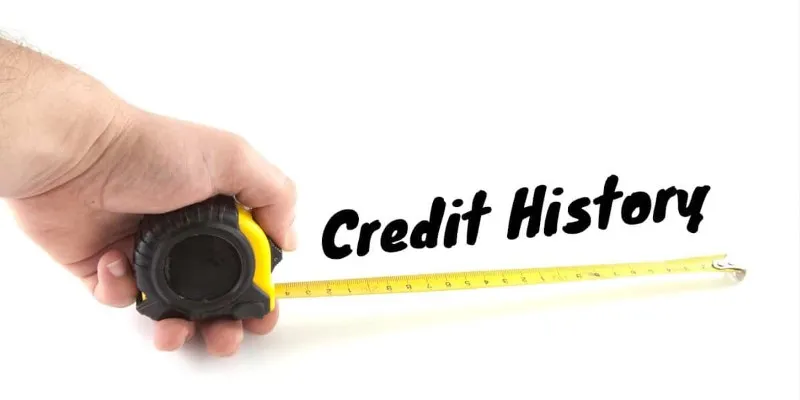
Types of Credit: A mix of credit accounts, such as credit cards, installment loans, and mortgages, can boost your score. It’s crucial to manage all accounts responsibly to avoid negatively impacting your score.
Improving Your Credit Score for a VA Loan
If your credit score isn’t where you want it to be, there are several steps you can take to improve it before applying for a VA loan. While rebuilding credit takes time, even small improvements can significantly impact your loan approval and terms.
Pay Bills on Time: Boosting your credit score is most effectively achieved by paying bills on time. Set up reminders or automatic payments to ensure you never miss a due date.

Reduce Credit Card Balances: If you carry high balances on credit cards, aim to pay them down to reduce your credit utilization ratio. This not only improves your credit score but also lowers your debt-to-income ratio, another critical factor for VA loan approval.
Dispute Errors on Your Credit Report: Errors, such as inaccurate late payments or unknown accounts, can appear on credit reports. Regularly review your report and dispute any inaccuracies to improve your score.
Avoid Opening New Credit Accounts: While opening new accounts might diversify your credit mix, avoid doing so before applying for a VA loan. Each hard inquiry can slightly reduce your score, potentially affecting your loan approval chances.
Consider a Secured Credit Card: For those with little or no credit history, a secured credit card can help build credit. Make small, regular purchases and pay the bill in full each month to gradually improve your credit.
Conclusion
VA home loans offer substantial benefits for veterans and active-duty service members, but understanding the credit score requirements is crucial. While the VA doesn’t impose strict credit score requirements, lenders typically expect a minimum score of 620. Your credit score is influenced by factors like payment history, credit utilization, and credit history length. If your score needs improvement, don’t worry—there are steps you can take to enhance it before applying for a VA loan.
